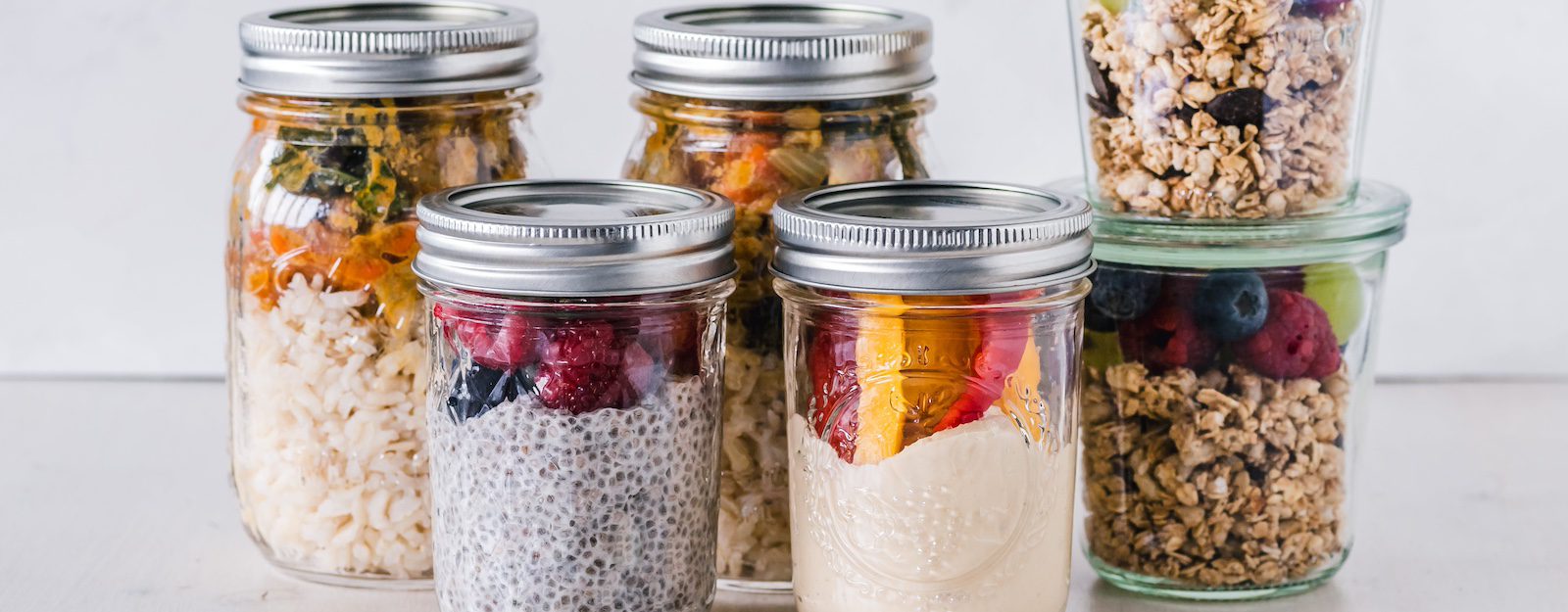We unfortunately live in a world with pollution around every corner. However, with a little “know-how” we can take control over what we bring into our homes and put into our bodies. Simple everyday changes can help drastically reduce your exposure to toxins, let’s discuss five simple changes you can make today to protect yourself and your family from toxic chemicals.
1. Replace Air Fresheners and Incense with Soy or Beeswax Candles
Many households use aerosol sprays to freshen up the air in their living spaces, bathrooms, or workplaces. Air fresheners expose our respiratory systems to unnecessary, potentially toxic chemicals. The chemicals used may have different names, such as ‘parfum’ or ‘fragrance,’ but the majority of these aerosols are what are known as volatile organic compounds, or VOCs. Exposure to VOCs over time may lead to diseases of the kidneys, liver, and nervous system. Additionally, harmful emissions can come from air fresheners. In fact, more toxic emissions can come from burning incense than a cigarette. Research has shown that constant exposure to incense smoke may lead to heart disease, stroke, and lung disease. Instead of burning incense or using air fresheners, soy or beeswax-based candles are a safer alternative that are not shown to produce toxic emissions, while still providing a soothing and fragrant ambiance to your living space.
2. Swap Plastic Food Containers for Glass
While plastics are no longer manufactured using BPAs, known endocrine-disrupting chemicals, newer chemicals have replaced them. However, their status as a safer alternative remains a subject of debate. The plastic used in newer food containers is still under scrutiny for its potential links to cancer and gastrointestinal problems. Toxic chemicals can leach into our food from plastic containers during the reheating process or during storage. Investing in a set of glass containers can pay great dividends to your health by reducing your exposure to potentially harmful chemicals.
3. Swap out Non-Stick Cookware
The material of the pots and pans we use for cooking can significantly impact our exposure to the toxic chemicals known as PFAS. PFAS, used in Teflon, are the substances responsible for giving cookware its non-stick properties. The risk of contaminating your food with PFAS increases when cookware is scratched or if temperatures get too high. To avoid any risk of PFAS in your food use cast iron, ceramic, or stainless-steel pots and pans.
4. Invest in a Water Filter
Drinking tap water can be another potential route for PFAS exposure. Luckily, point-of-use home water filters can remove the majority, if not all, of different kinds of PFAS from your home’s tap.
5. Ditch the “Dirty Dozen” and instead shop for the “Clean 15”
Glyphosate is the main ingredient of RoundUp® which is a popular pesticide used in conventional agriculture. Glyphosates have been extensively studied for their negative effects on pregnancy, human development, immune function, gut health, and cancer. Yet, it is possible to reduce exposure to this toxin through dietary changes. For instance, a scientific study demonstrated that levels of glyphosate in the body decreased by as much as 70% in just five days when participants switched to an organic diet.
Anti-pesticide advocacy groups like the Environmental Working Group (EWG) releases a list of the top 12 conventionally produced foods to avoid because of their likelihood of being contaminated with glyphosate and other chemicals. The EWG uses up to date data provided by the FDA. The DIRTY DOZEN™ foods to avoid for 2023, unless grown organically, were strawberries, spinach, greens (kale, collard, and mustard greens), peaches, pears, nectarines, apples, grapes, bell and hot peppers, blueberries, and green beans. Additionally, the EWG creates a list of foods that consistently show low levels of glyphosate and other pesticides, regardless of whether they are organic or not. The CLEAN FIFTEEN™ for 2023 consists of avocado, sweet corn, pineapple, onion, papaya, frozen sweet peas, asparagus, honeydew melon, kiwi, cabbage, mushroom, mango, sweet potato, watermelon, and carrots.

